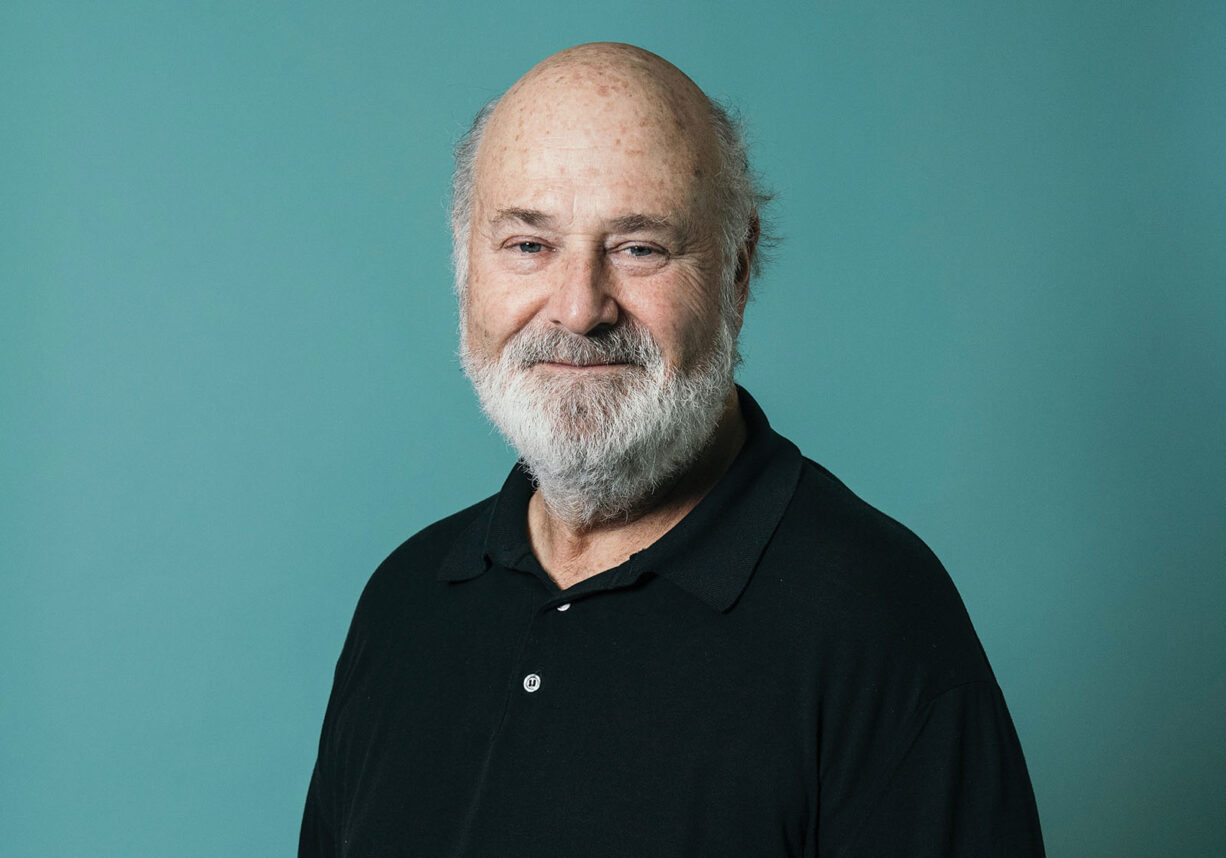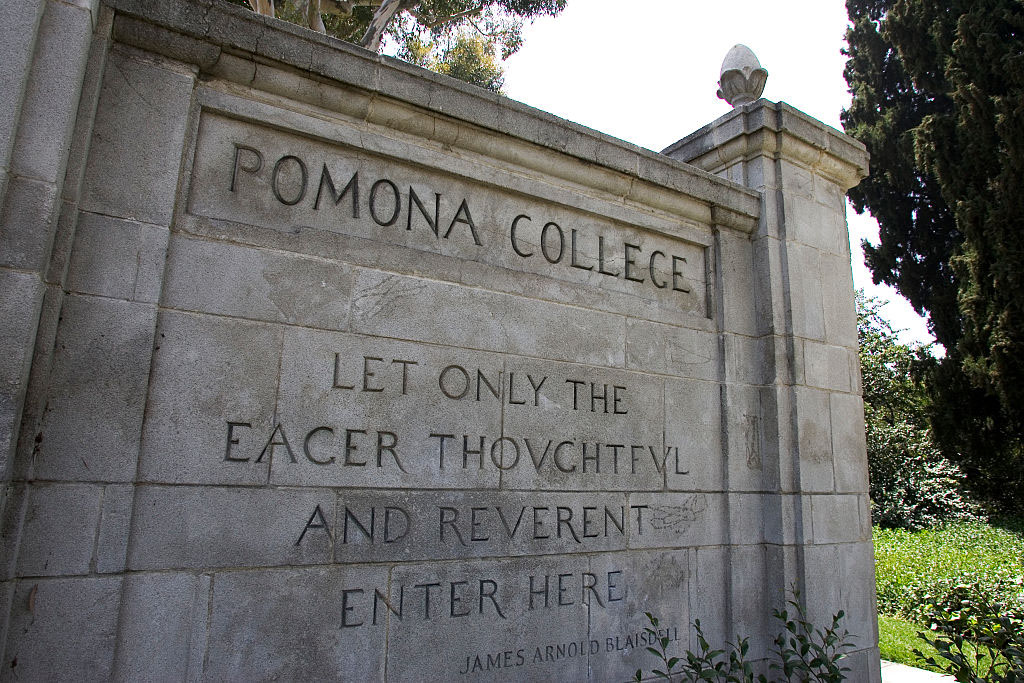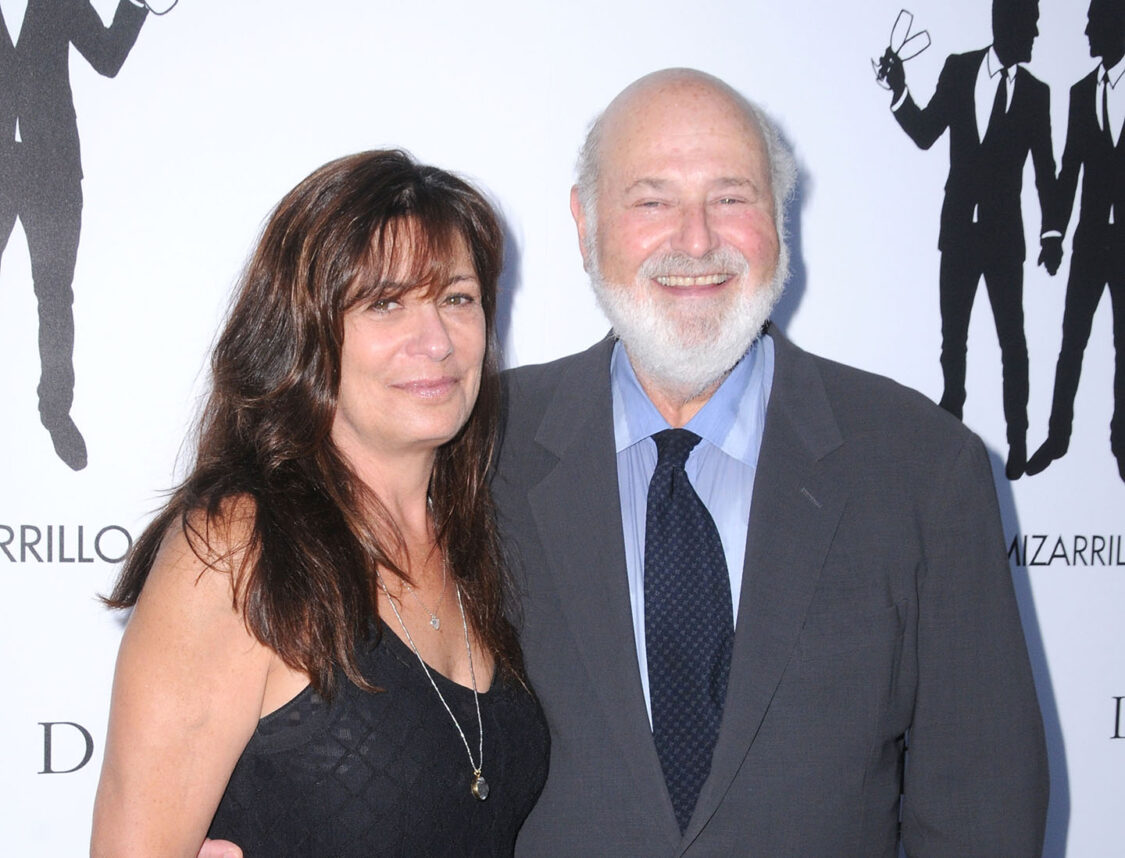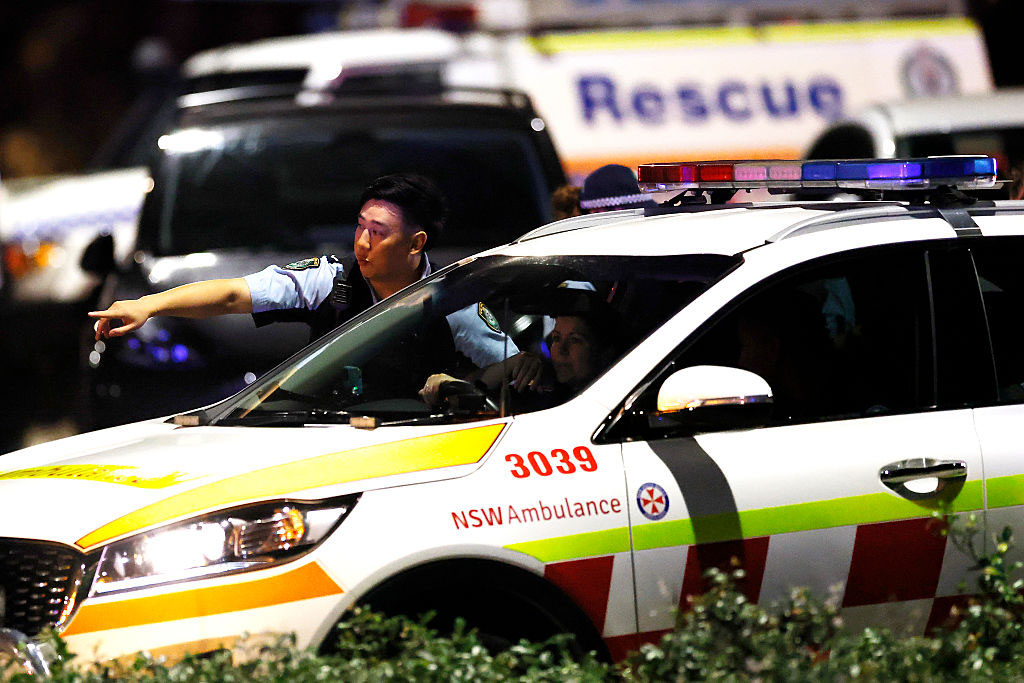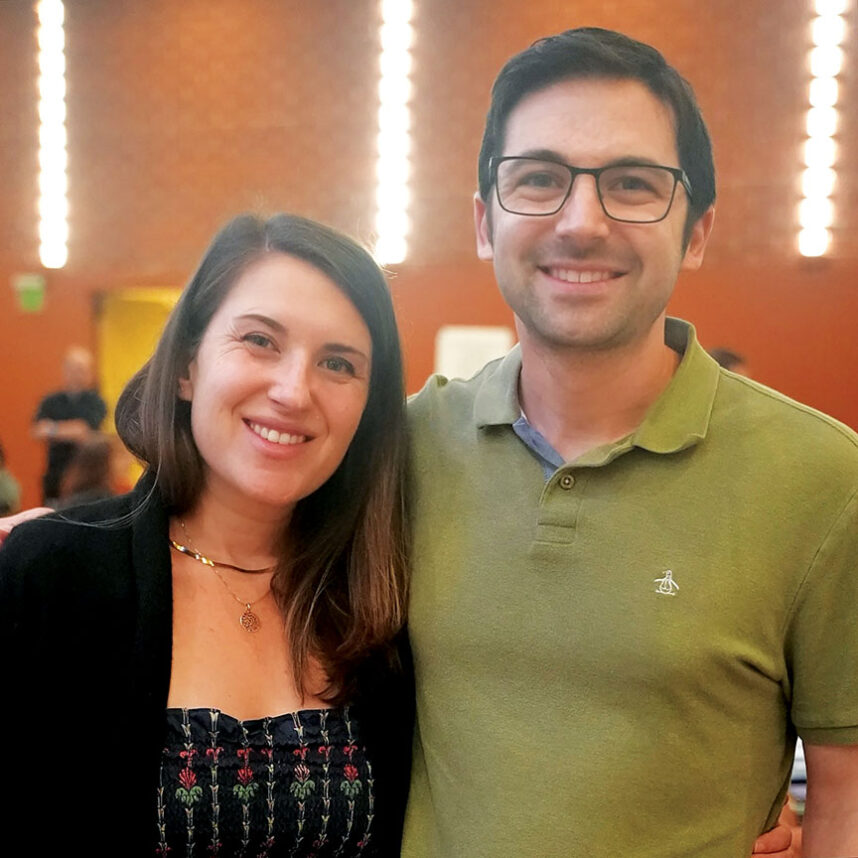
In October 1941, the Romanian military collaborated with the Nazis to murder approximately 400,000 Jews, Roma gypsies and other minorities in Odessa, Ukraine and elsewhere on the Eastern Front. The massacre was set in motion by the ethnic cleansing policies of Romania’s military dictator Marshal Ion Antonescu, who infamously declared several months before, “I do not care if we go down in history as barbarians.” Borrowing those words for the title of his latest effort, filmmaker Radu Jude sheds light on an ugly part of Romania’s past that most would prefer to forget.
“It covers a dark chapter of our history, and if it is hidden and not really talked about, it means it is something important there,” Jude said. “It was like [my] personal revenge toward the ones who taught us a nationalistic version of history, and a way to make past and present enter into dialogue. Romania was an ally with Nazi Germany and took part in ethnic cleansing in horrible ways. Nowadays, this part of the story is not so much talked about or it’s considered the responsibility of Germany, which is not correct. Romania was never an occupied country, but an ally — a very zealous one. Many Romanian soldiers died for nothing in a war that was an obsession of Marshal Antonescu, not theirs.”
“I Do Not Care If We Go Down in History as Barbarians” was Romania’s Academy Awards entry and was named best feature film at the Karlovy Vary International Film Festival in the Czech Republic this year. It chronicles a young theater director’s (Ioana Iacob) efforts to stage a re-enactment of the Odessa massacre, despite the objections of a city official (Alexandru Dabija) who would prefer her to portray Romania’s military glory. The arguments between them provide the film’s most provocative scenes.
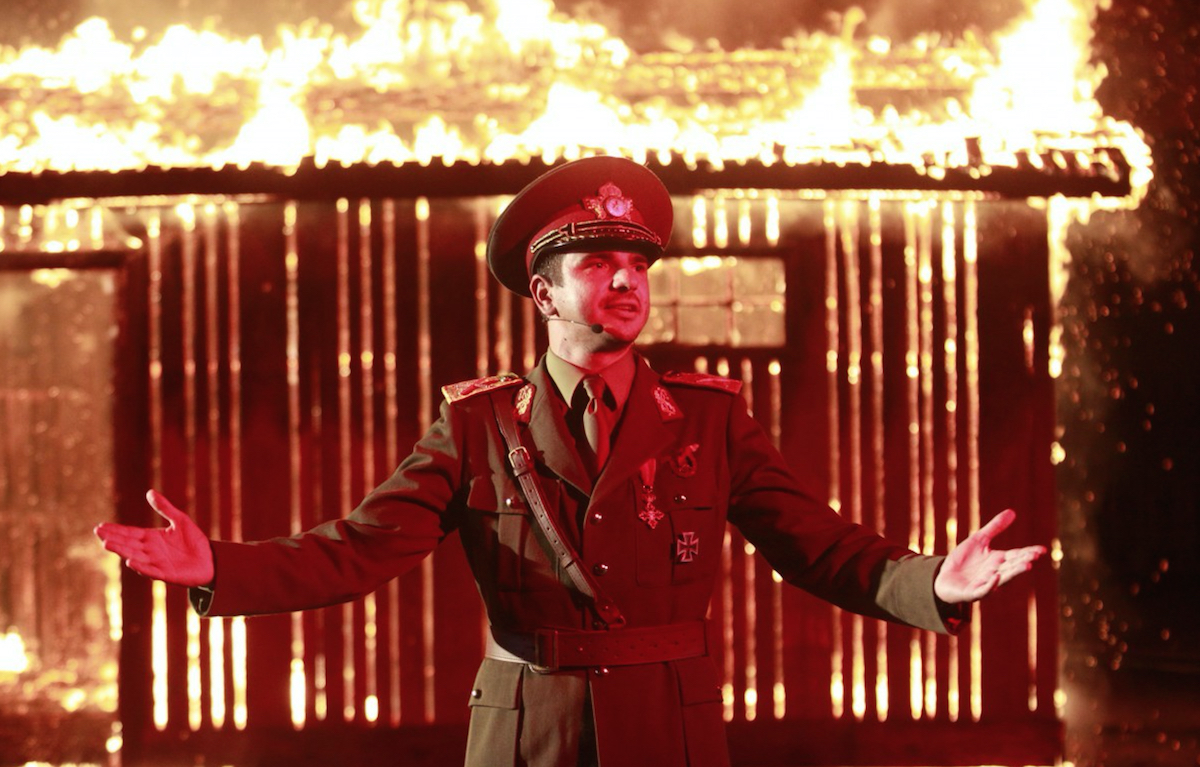
Jude’s preparatory research included reading books and archive transcripts from war crimes trials, where soldiers testified about the orders that commanded them to kill civilians. (Antonescu was tried and executed in 1946.) “In order to join the European Union, Romania had to admit participation in the Holocaust,” he said. “The fact that we based all our data on an official report from the Elie Wiesel Commission helped us a lot.”
Jude also had the help of a Romanian Holocaust expert, historian Adrian Cioflanca. “It is a very dense film, full of quotes and references but they are not essential for grasping the essence of [it],” he said.
“Cinema can bring something specific to the thinking about history that other disciplines don’t have. [‘Barbarians’] is a montage film: The parts go together to form something new.” — Radu Jude
“My approach [to the film] was oblique,” Jude said. “Not trying to represent the past, but to make a film that deals with the problems of the representation of the past and its horrors.” He aimed to “stress how the horrors of history transform themselves into mere words, which can convey nothing of what actually happened.”
His challenges ranged from raising funds to time constraints and excessive heat, but nothing insurmountable. “We had some difficulties in filming in the Military Museum, but in the end they let us do it and they were quite supportive,” he said.
Jude said he believes that anti-Roma racism and nationalism today is stronger than anti-Semitism. “The election of Mr. (Donald) Trump in America and other extreme right-wing leaders in Europe gave some new force to all these attitudes,” he said, adding, “one of the Charlottesville, (Va.), riot leaders was inspired by the Romanian fascists of the 1940s.”
Jude is currently in post-production on a new film titled “Uppercase Print,” which combines two narratives from Romanian history. “One is the true story of teenager Mugur Calinescu, who in 1981 chalked protest messages against the Nicolae Ceausescu regime on walls,” he said. “His story is presented as it appears in the voluminous file kept by the secret police, which observed, apprehended, interrogated and in the end, destroyed him. The other is the official story of Romania at the time, in national television archive footage. It is a montage-based film, in the (Sergei) Eisenstein tradition.
“Cinema can bring something specific to the thinking about history that other disciplines don’t have,” Jude said. “[‘Barbarians’] is a montage film: The parts go together to form something new. It is a narrative film, but what’s important in it is something beyond the story, which is how cinema can relate to history.”
“I Do Not Care If We Go Down in History as Barbarians” opens at the Laemmle Monica Film Center on July 26.









